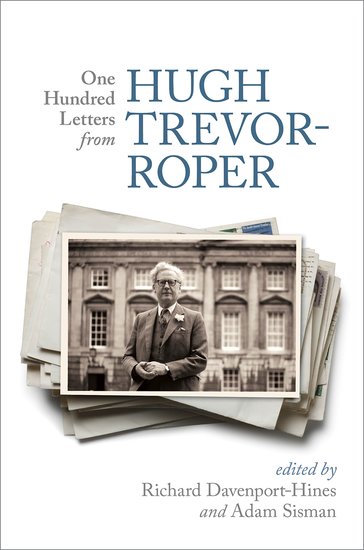How meaningful are public attitudes towards stem cell research?
By Nick Dragojlovic
When scientists in Scotland announced the successful cloning of Dolly the Sheep in 1997, it triggered a frenzy of speculation in the global media about the possibility of human cloning, and elevated ethical questions to the fore of public discussions about biotechnology. This debate had far-reaching consequences, with citizens’ perceived moral objections to human cloning contributing to the imposition of restrictive policies on stem cell research that involves the cloning of embryos.










